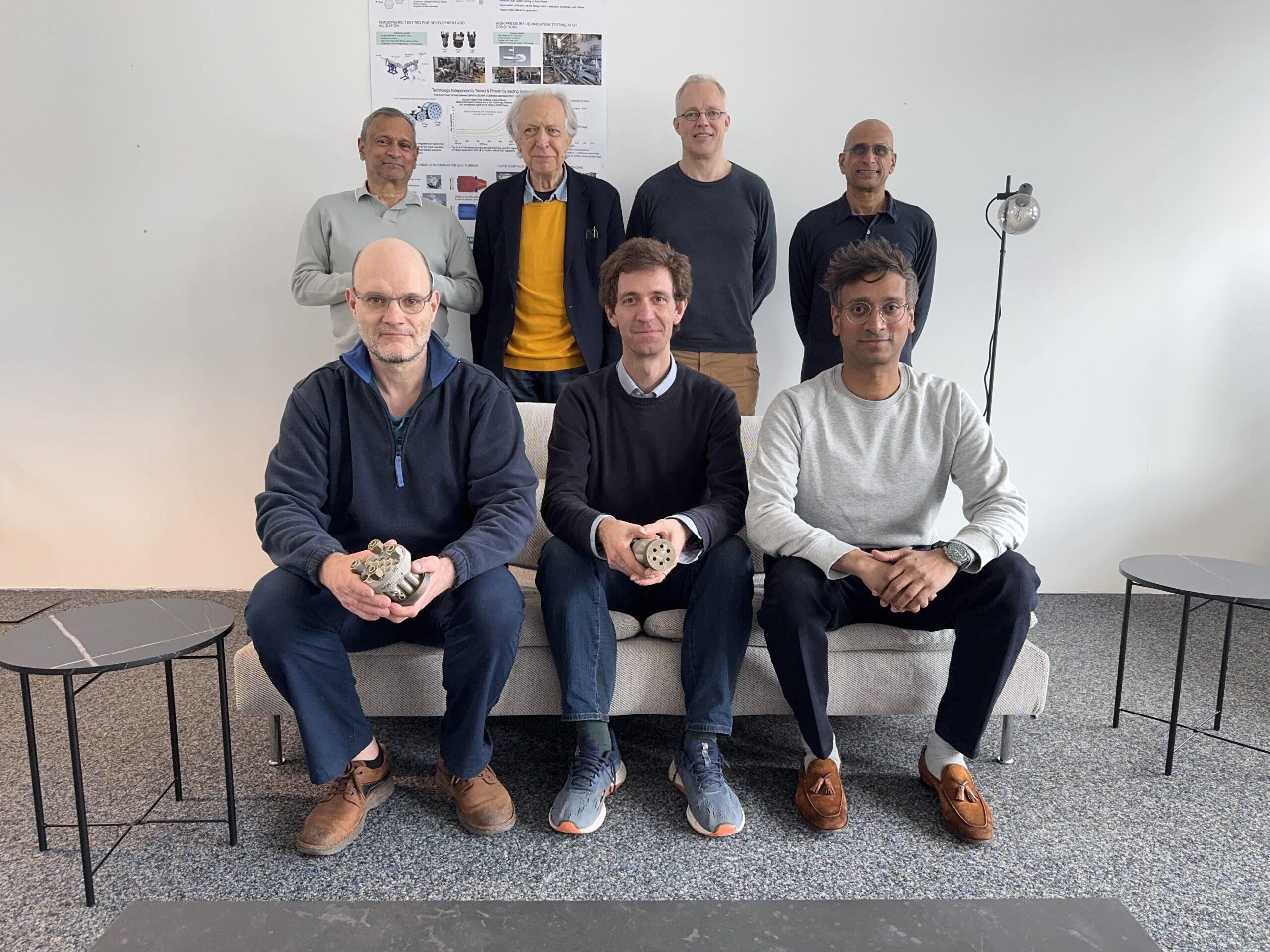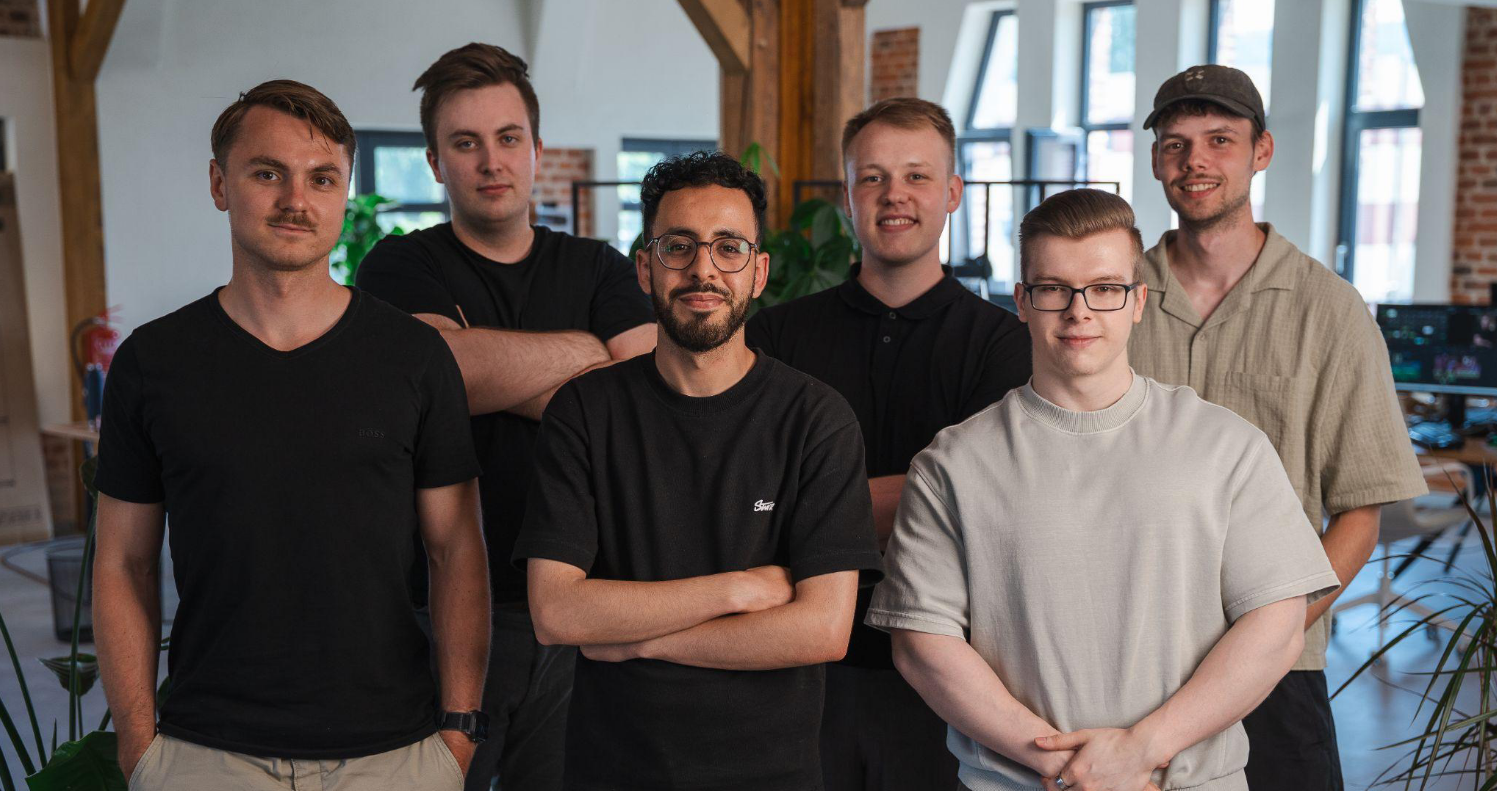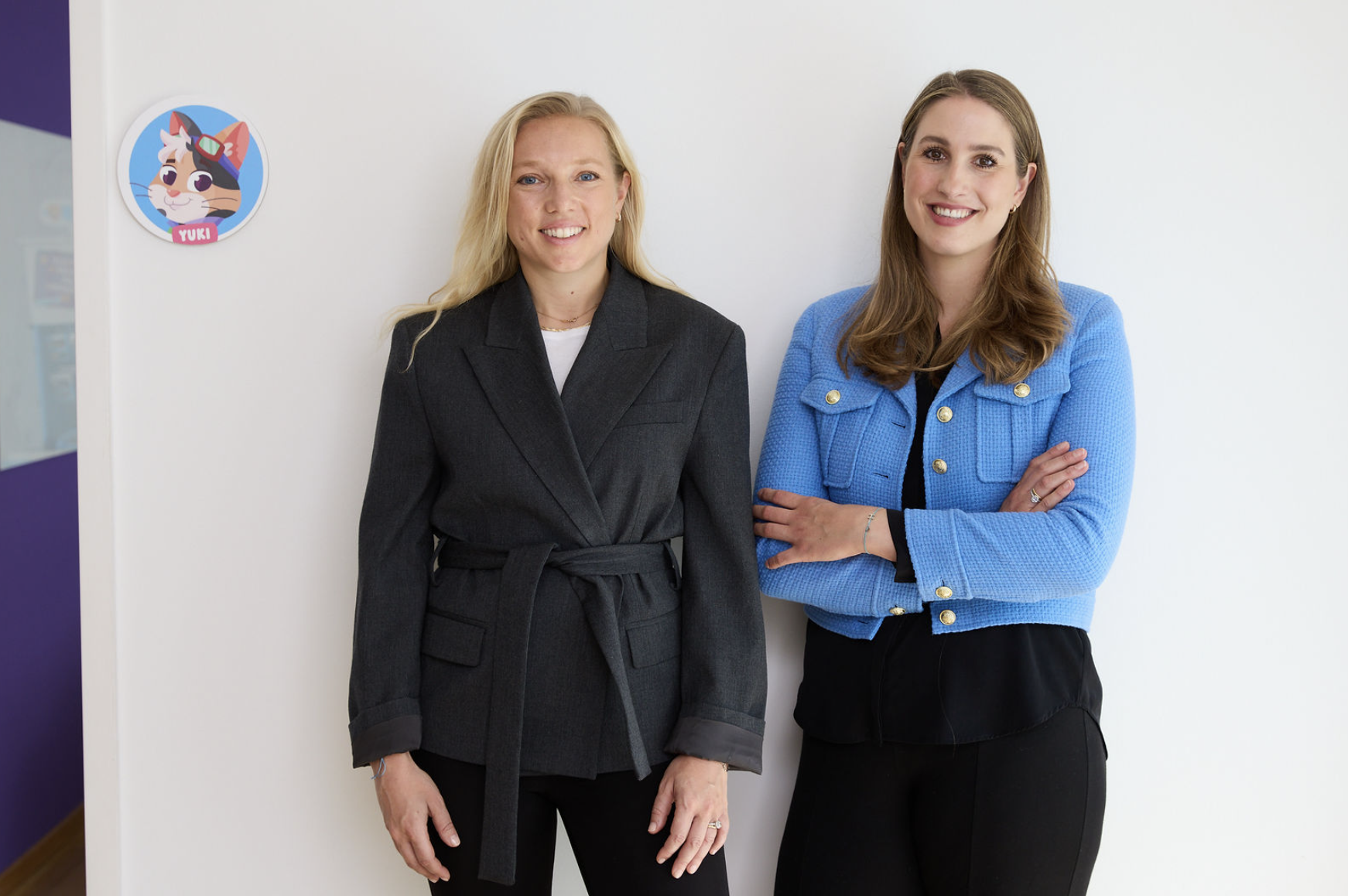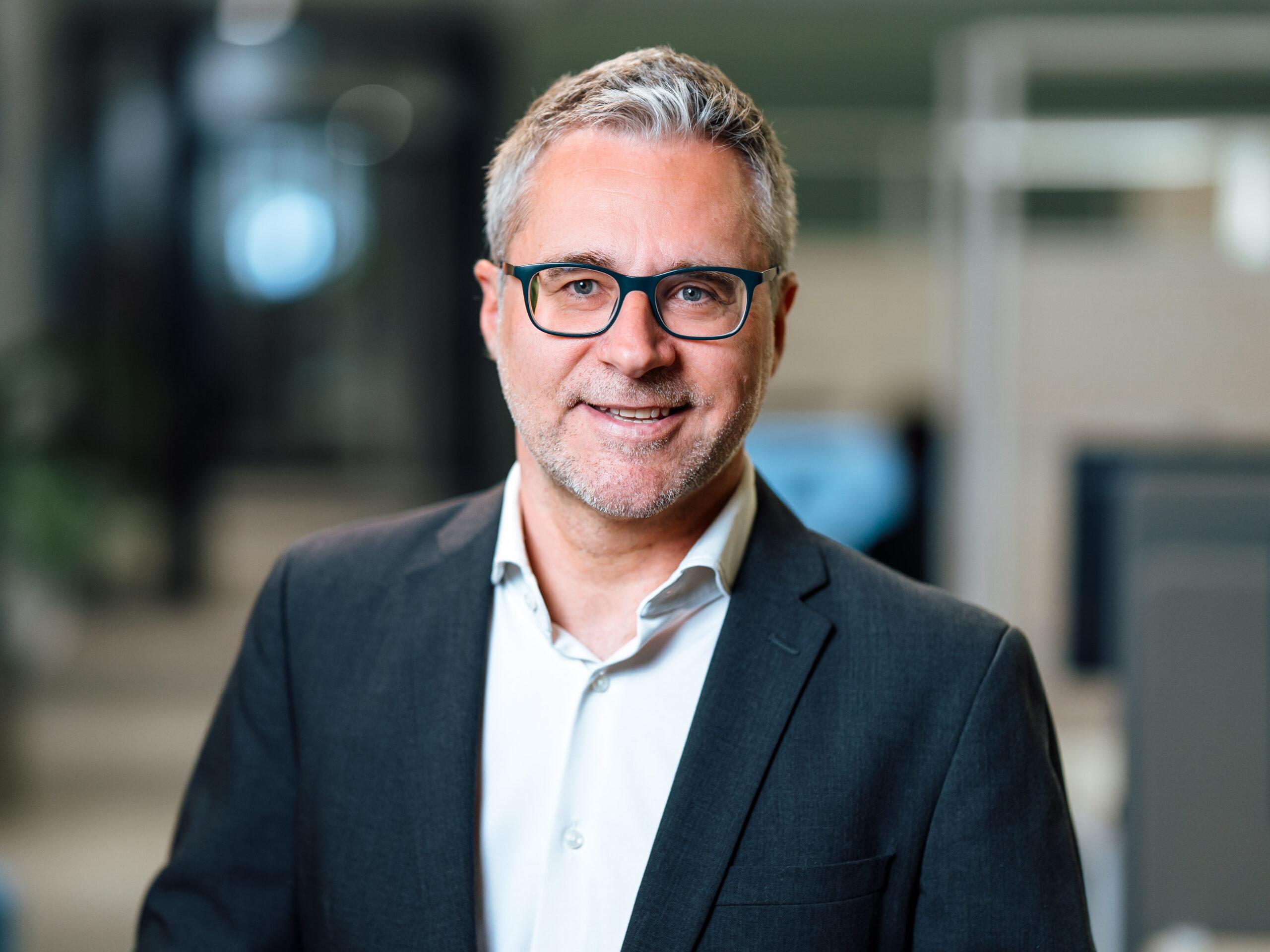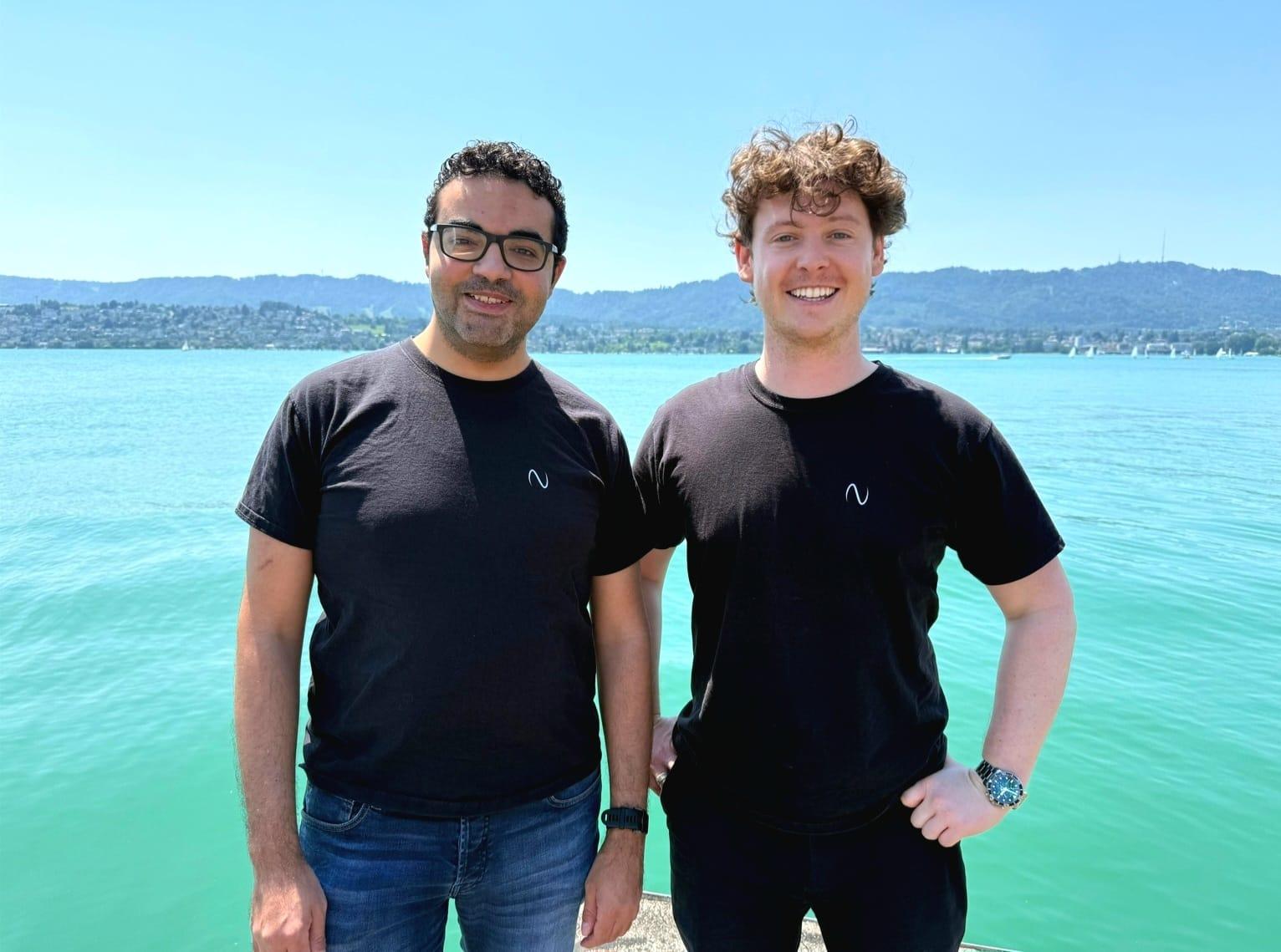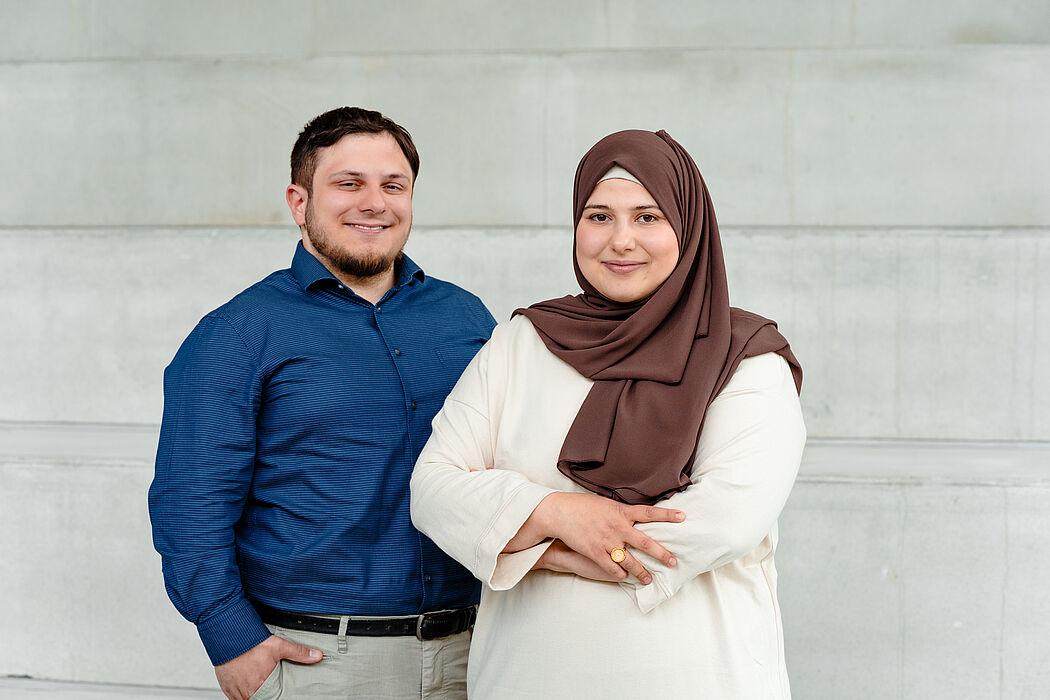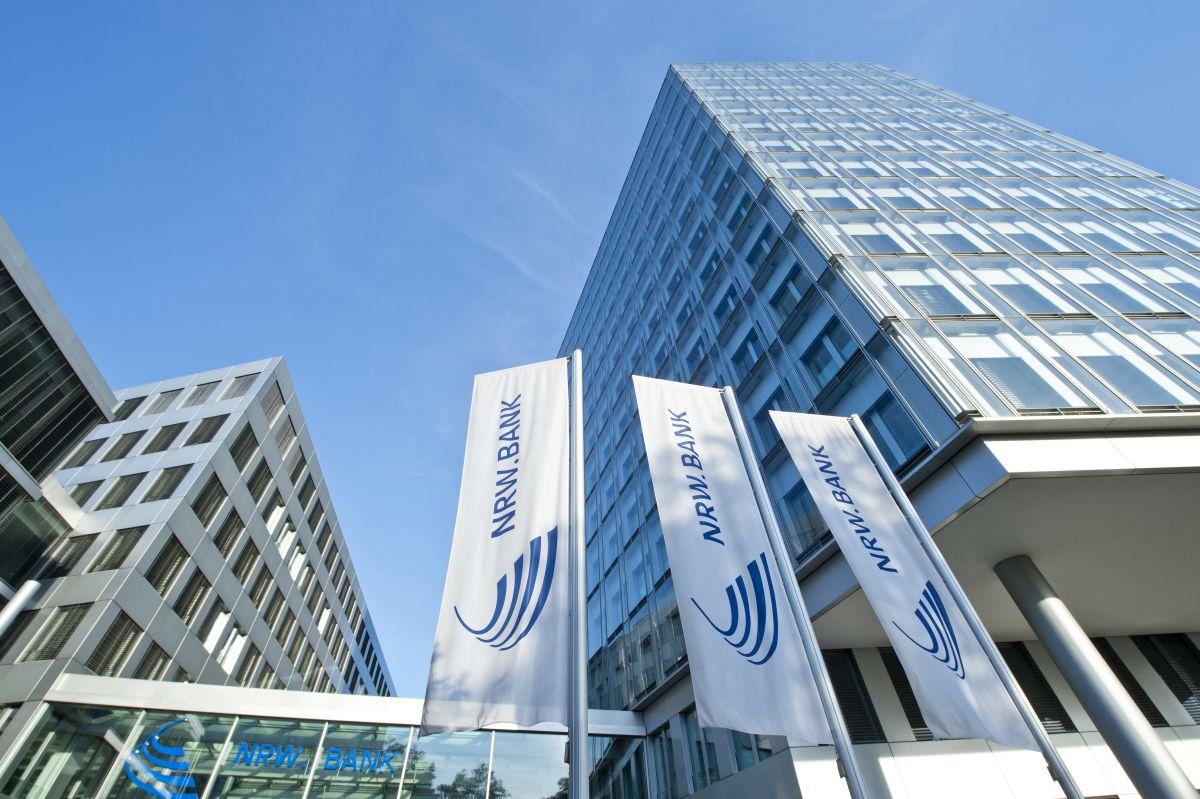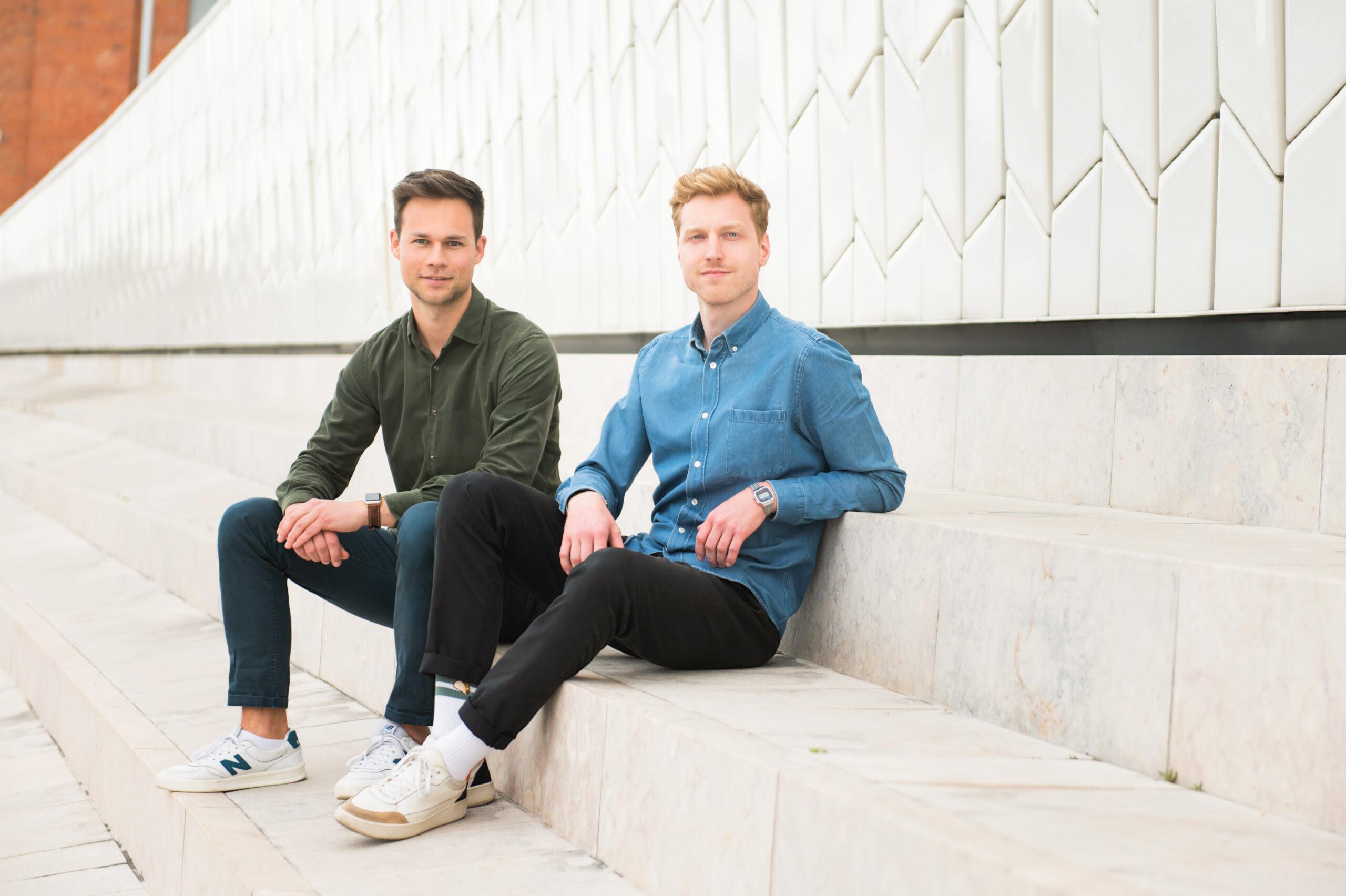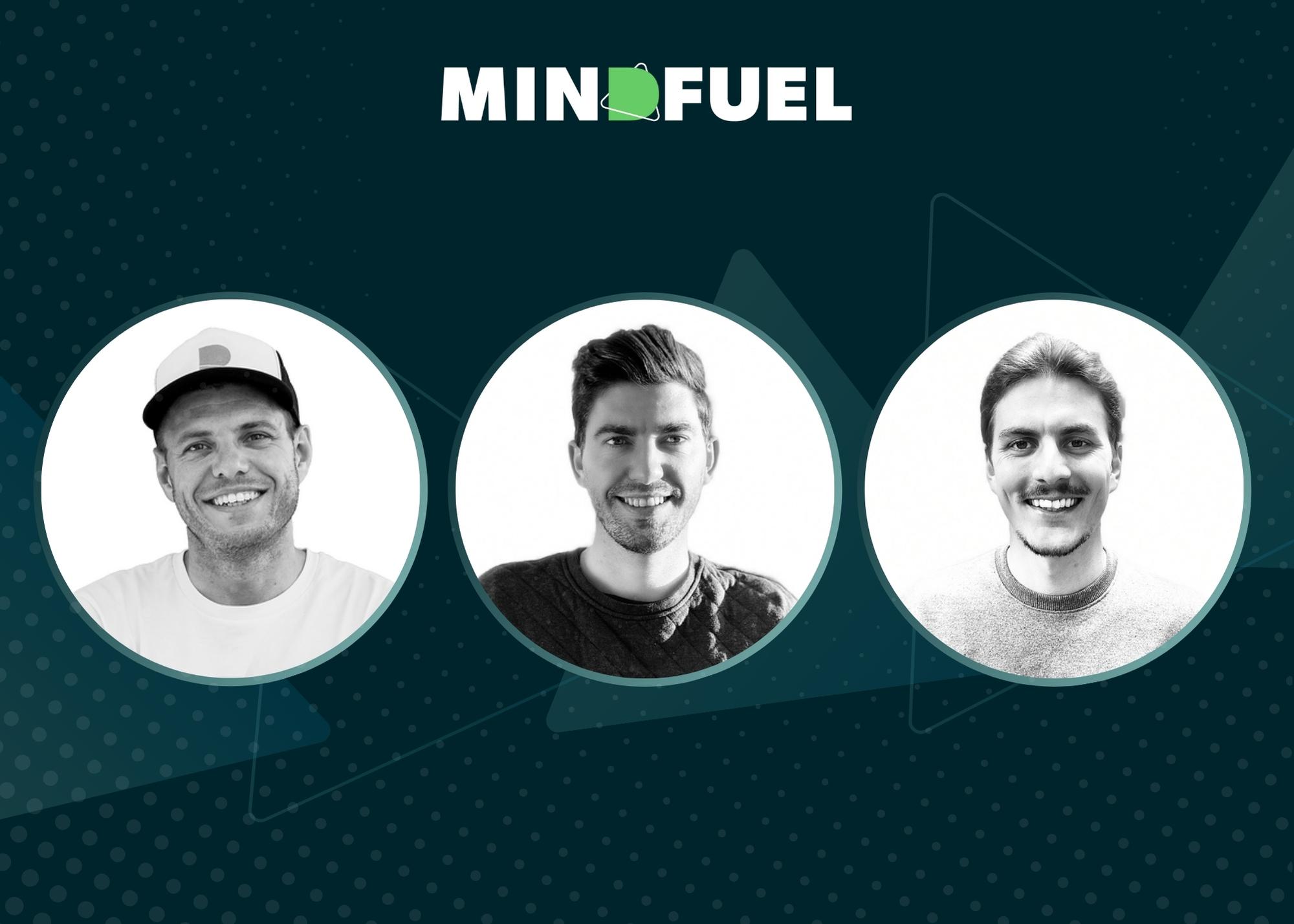Start-up Solostücke launches sustainable marketplace for residual materials
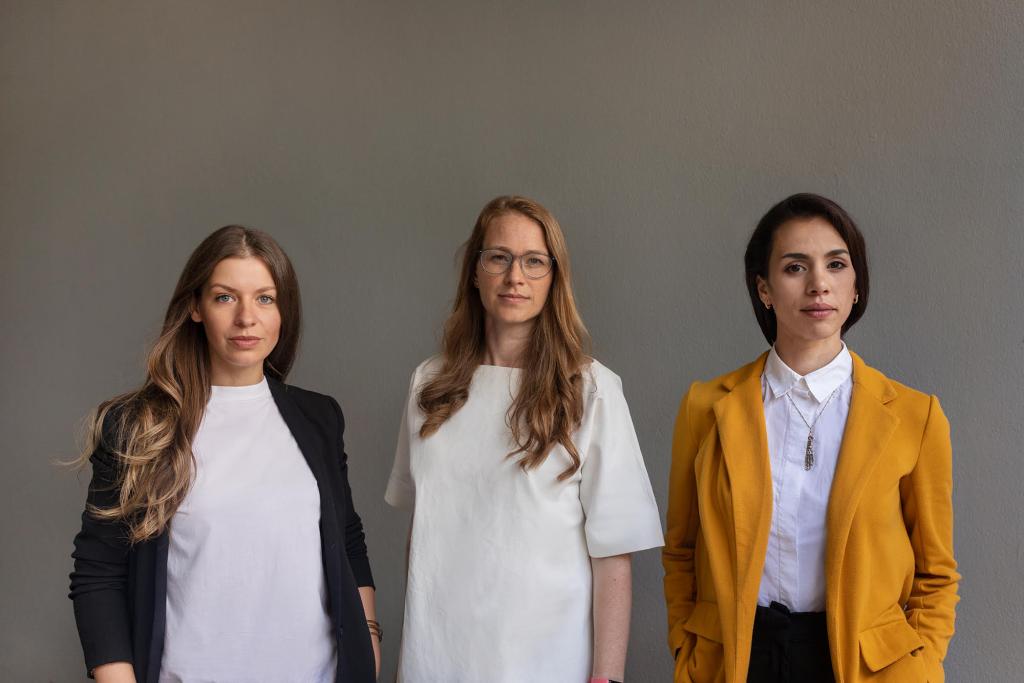
Companies and consumers will be able to buy and sell existing raw materials via the Circular Flow platform. The start-up wants to prevent unnecessary new production, which would release a lot of climate-damaging CO2.
In Germany, up to 100,000 tons of textile waste are incinerated every year. The Wiesbaden-based start-up Solostücke has declared war on this situation. The company claims to have created Circular Flow, the first German marketplace for recyclable production materials. By using existing raw materials and eliminating textile waste, the start-up aims to prevent CO2 emissions. All of this is intended to support a circular economy and conserve resources. The platform also aims to calculate the ecological impact of the reused raw materials.
The start-up Solostücke wants to find suitable matches between buyers and sellers of residual materials that should be in high-quality condition. The aim is to enable the procurement of recyclable textiles, residual materials, production additives and recyclates (granulate produced after recycling). Anyone with unused raw materials should also be able to find a buyer in this way. By recording all transactions on the platform, the company wants to calculate how big the positive impact of the transactions on the platform is. One way of doing this is to calculate the CO2 emissions saved.
The idea originated from the start-up Solostücke, which Svenja Bickert-Appleby founded in 2017. Eva Cahill and Salma Akli joined in 2021. Solostücke sells sweaters and hoodies made from leftover fabrics that have been rescued from disposal. The company calls the garments "circularly designed". The fashion brand's collections can be recycled and the company takes back and recycles them. Customers can also view information on the supply chain, environmental impact and returns via a QR code in the product.
In the long term, Solostücke wants to create a recyclable textile material system throughout Germany and Europe. An important keyword in this context is "pre-consumer waste". This describes unused surplus material from textile production that would actually be thrown away. If this material is recycled, a lot of CO2 can be saved, say the founders. The production of 1,000 meters of cotton fabric releases around 9,810 kilograms of the gas that fuels climate change. If, on the one hand, this amount of cotton is burned without being used and at the same time the same amount is produced elsewhere, this results in around 19,670 kilograms of CO2.

Newsletter
Startups, stories and stats from the German startup ecosystem straight to your inbox. Subscribe with 2 clicks. Noice.
LinkedIn ConnectFYI: English edition available
Hello my friend, have you been stranded on the German edition of Startbase? At least your browser tells us, that you do not speak German - so maybe you would like to switch to the English edition instead?
FYI: Deutsche Edition verfügbar
Hallo mein Freund, du befindest dich auf der Englischen Edition der Startbase und laut deinem Browser sprichst du eigentlich auch Deutsch. Magst du die Sprache wechseln?
